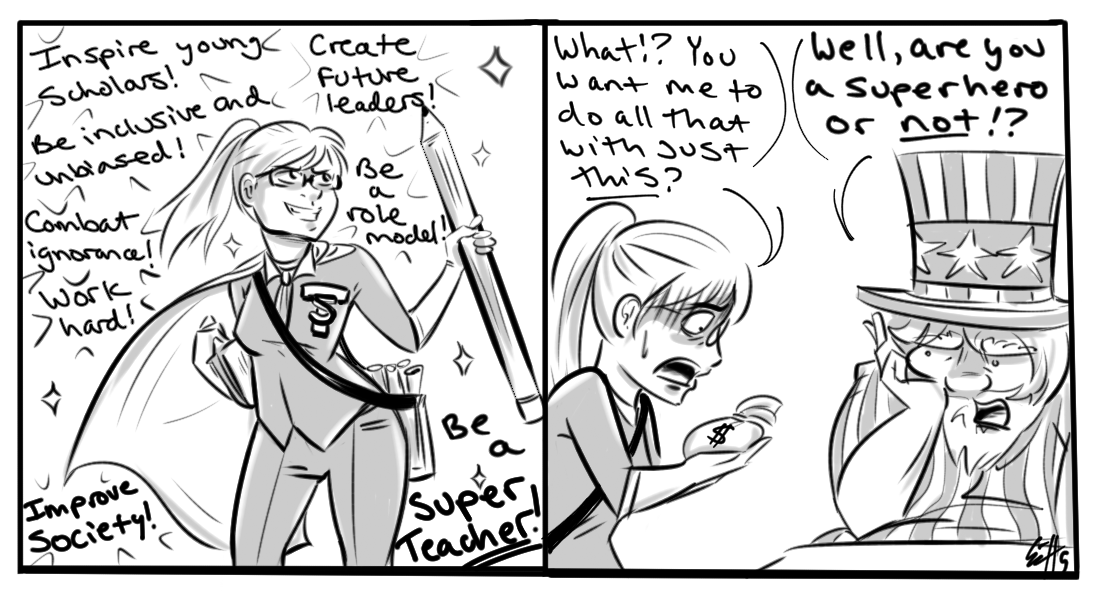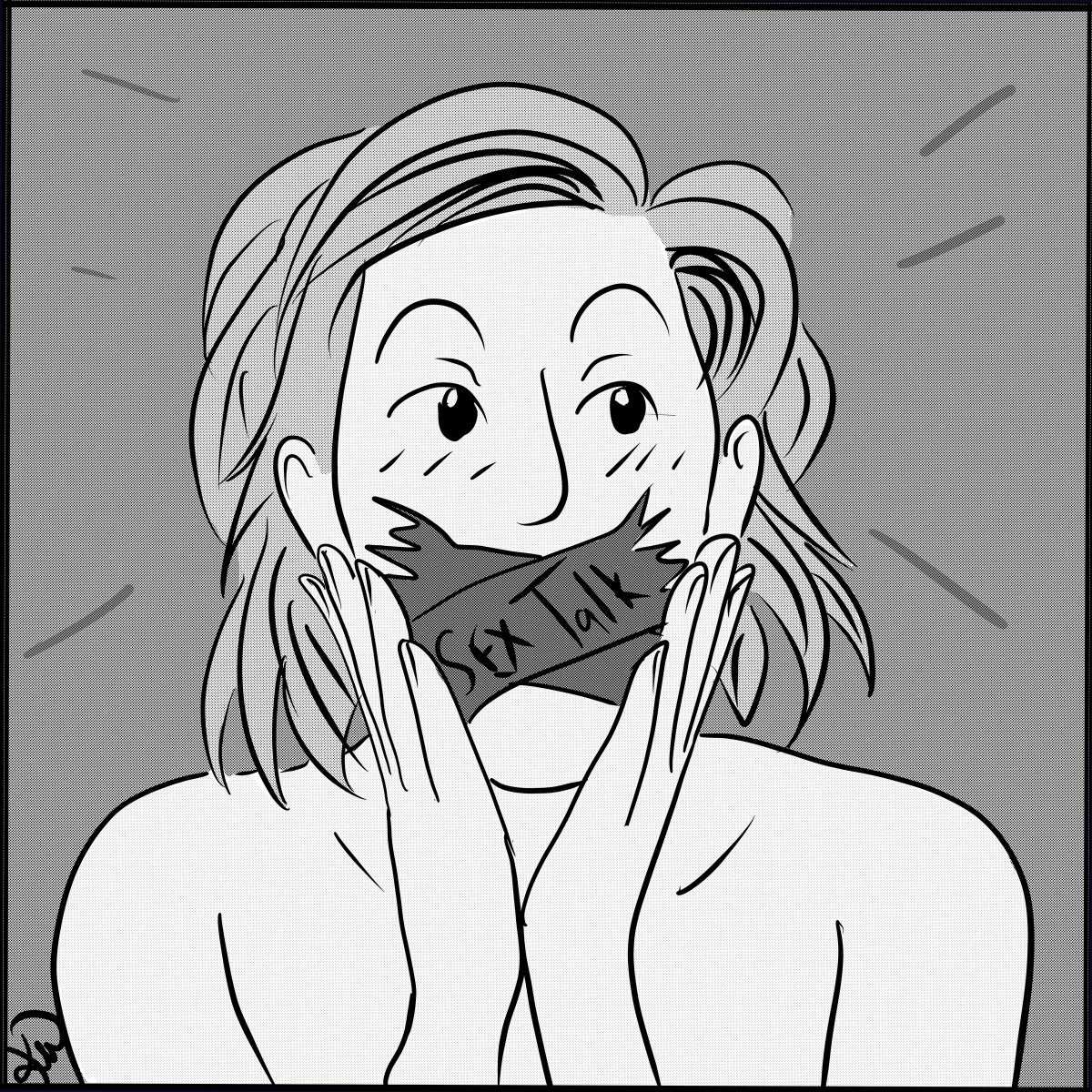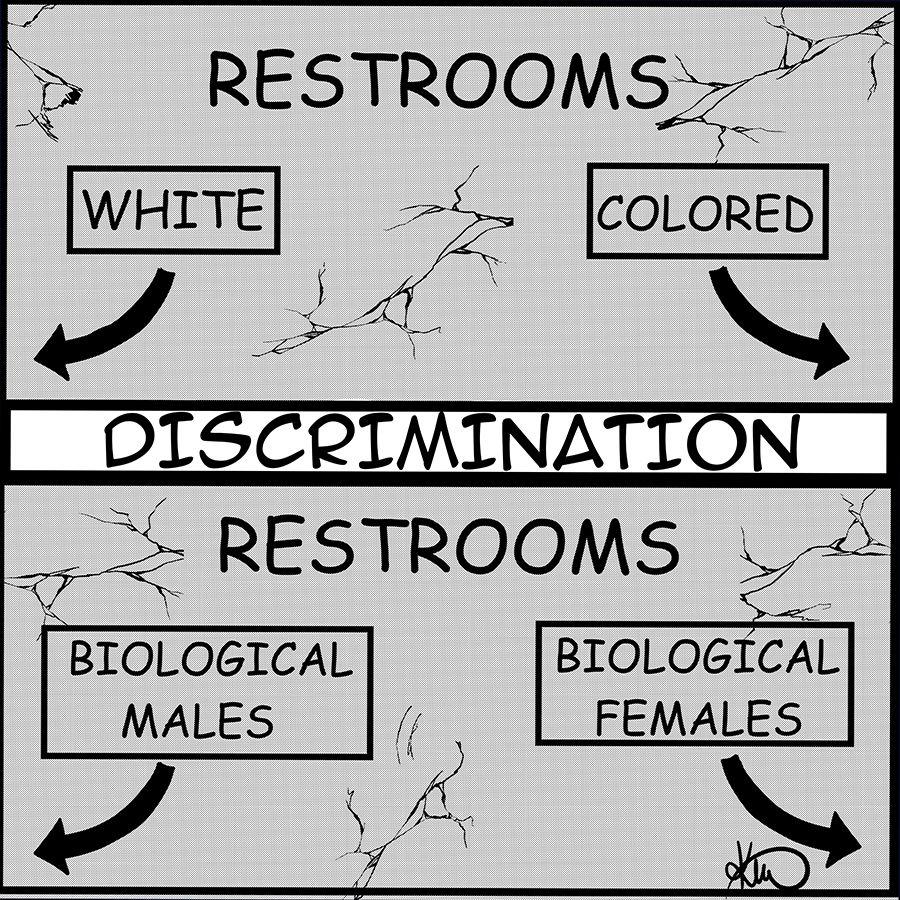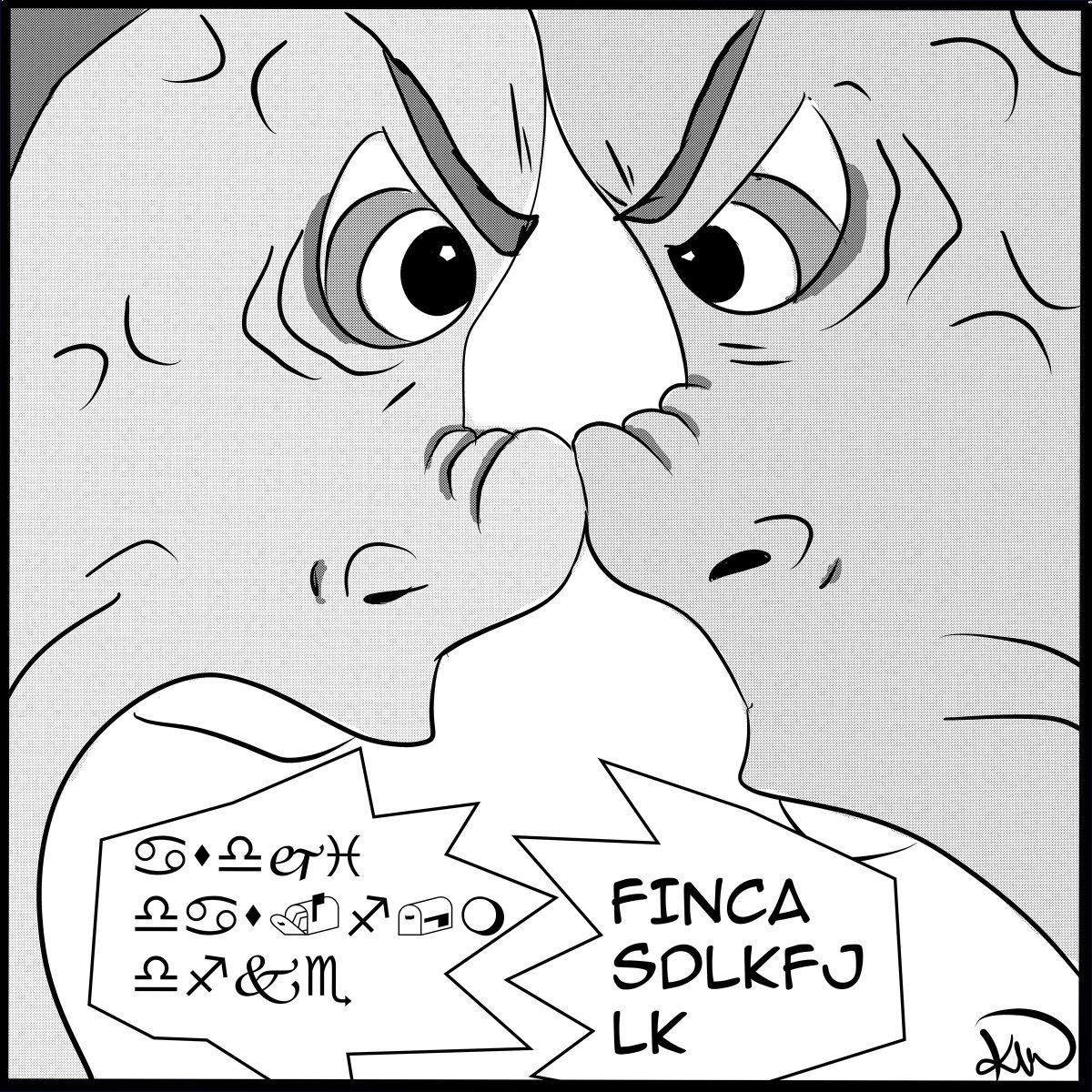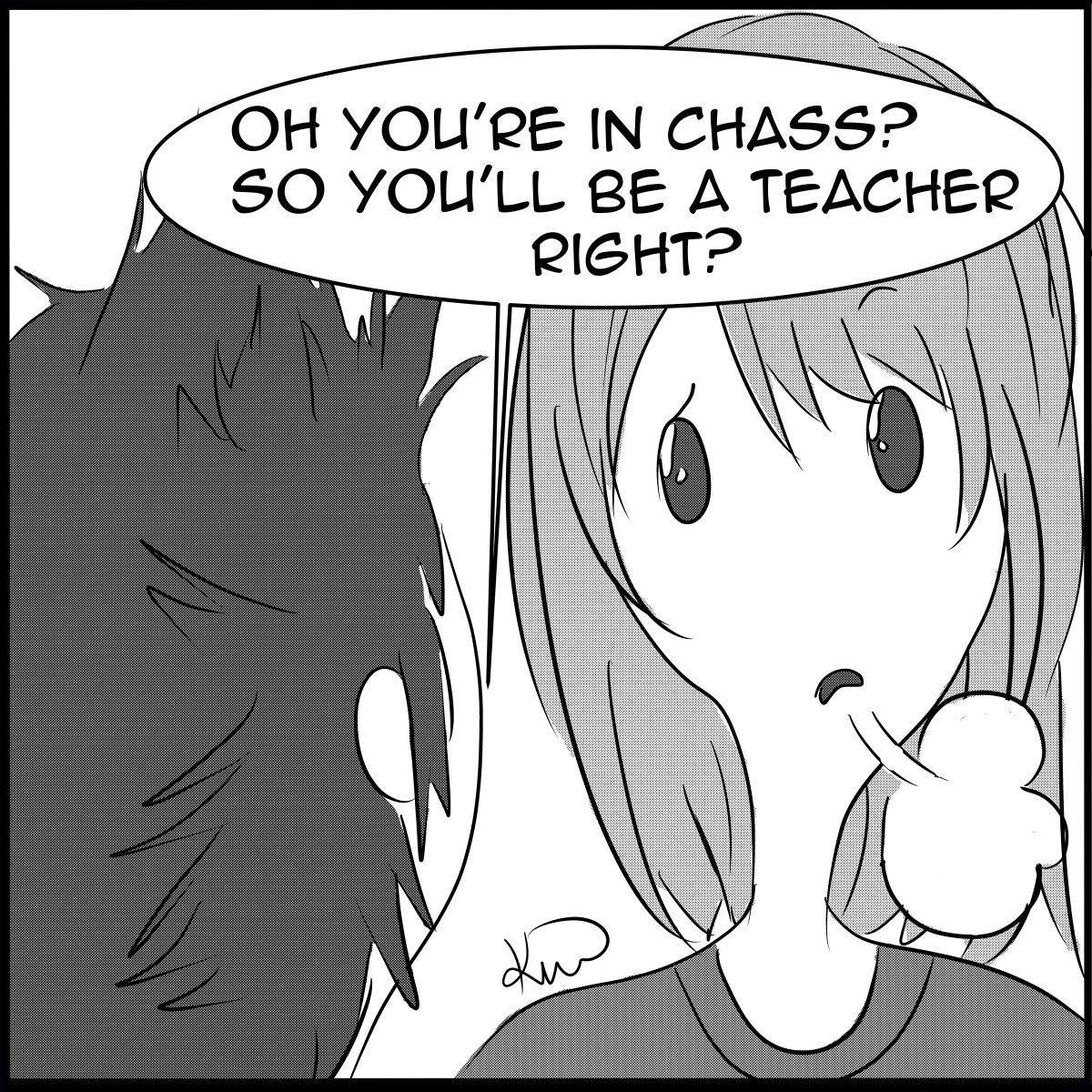The North Carolina General Assembly and the UNC Board of Governors are looking for a solution to address the decreasing number of students in North Carolina teacher education programs.
The State House Bill 661 titled, “An Act to Transform Educator Preparation in this State,” proposes scholarships of up to $8,500 a year be given to “1,000” high school students seeking to enroll in traditional teacher preparation programs, or alternative “fast-track” programs. Supporters of the bill intend for it to stimulate job growth in order to fill “hard-to-fill” math and science teaching jobs, and to add more teachers to low-performing schools that have trouble keeping them.
Scholarship initiatives are great. We have watched them work wonders in bringing more women into STEM programs and helping to recruit a diverse population of the best and brightest students. I even wish this scholarship had been there for me two years ago when I was a high school senior. However, this is undeniably not a quick fix to teacher turnover, low test scores or dropping enrollment in teacher education programs.
North Carolina is rated 46th in teacher’s pay in the country, according to a 2014 statistic. This is the most transparent reason why attendance in teacher education programs has dropped 27 percent. We need to incentivize teachers to get into or continue in a career that has become a dead-end job. Choosing 1,000 people intending to enroll in teacher education programs and giving them scholarships if they meet certain criteria pertaining to “hard-to-fill” subjects is overly simplistic. It is not fixing the problem. It is a feeble attempt to resolve an issue that is very deep-rooted and complicated.
Simply put, it’s not enough. I don’t want to live and work in a state, as a future teacher, where my profession is so undervalued that our “raises” merely increase our yearly salary to about half what certain entry-level positions make with the same level of education. This is even more insulting considering that public educators have to hold themselves to a different standard of behavior than other professionals.
Teachers’ social media accounts are not private simply because of professionalism; it has more to do with fear that they can lose their job over a Facebook post. Any criminal charge, even one as petty as an underage drinking ticket from freshman year of college, is something that will keep a teacher from getting a job in these “hard-to-fill” positions. Get a DUI or any other criminal charge while you are a teacher, and expecting your name and face to be on the front page of the local newspaper. That means getting fired and then never getting another job teaching again.
Public school teachers cannot talk about politics or religion, or use any language or behavior that is out of touch with the school’s values. We ask teachers to ostracize themselves from their beliefs, and most do it willingly because they understand the importance of creating an unbiased school environment that is accepting of every student. These moral standards, while intense, should not be lowered, but instead incentivized. The amount of responsibility that the job warrants is grossly out of touch with how we devalue educators in our state and our country.
Everyone has a stake in the success of public education, whether they choose to admit it or not. Education stimulates the economy, promotes equality and will ideally help to fill those “hard-to-fill” positions. While promoters of the bill probably support it with good intent, it is hardly enough.
Instead, the proposed teaching incentives should be increased pay, smaller class sizes, more resources and more respect for the position itself. Bring back the financial incentive for receiving Master’s degrees for teachers. After all, shouldn’t we want educators that are well-educated?
Scholarships are great—especially when it is enormously difficult to pay off college loans for a four-year university on a teacher’s salary. But this is just a Band-Aid on an issue, a small sum thrown at a struggling education system that actually won’t do that much. This bill feels a little like a cheap bribe. The 97,308 public school teachers in North Carolina deserve more than what “An Act to Transform Educator Preparation in this State” proposes.
Katherine Waller is a junior studying English.


